People are shocked by the rising price of butter in America, with many expressing disbelief at how expensive it has become recently.
Recently, a viral tweet has caused a stir online as people realized how expensive butter has become in the United States.
The tweet pointed out the rising cost of Kerrygold butter, with users surprised by the price increase over the years.
The price of butter has surged dramatically.
In a tweet, Caitlin Francis shared a photo showing the price of Kerrygold butter from 2017 compared to 2025.
In 2017, a three-pack of 8oz blocks of Kerrygold cost $7.69. However, by 2025, the price had jumped to $15.69.
This dramatic increase shocked many people who saw the tweet.
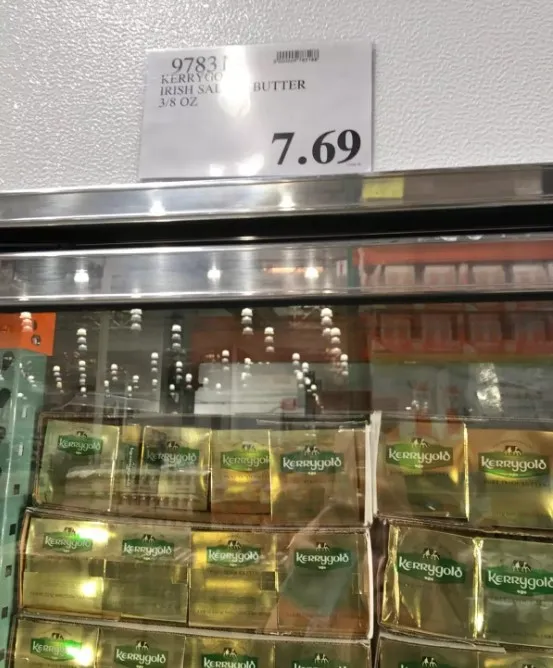
Caitlin expressed her disbelief, saying, “I like don’t even know what to do with this information.”
She also noted that they had not bought the butter in 2017 because it was too expensive for them at the time.
Her husband’s job now allows them to afford the higher price, which she described as $16 butter.
Kerrygold butter remains a popular household staple.
Kerrygold butter, sold in the U.S. since the late 1990s, was the second most popular branded butter in May.
Many families buy Kerrygold for its rich taste and quality, appealing to those willing to pay a premium.
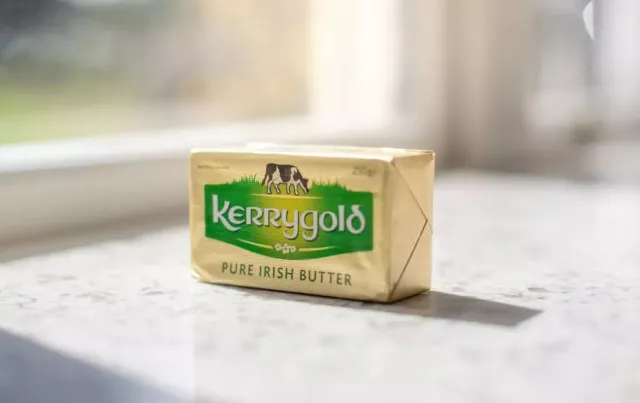
Despite its popularity, the price increase has left many wondering why they are paying so much for butter.
Some people even suggested switching to cheaper brands, but Caitlin pointed out that her tweet was not about brand choices.
Instead, she wanted to highlight how much prices have risen in a relatively short time.
People mind-blown as they realize the price Americans are paying for butter
The reactions to Caitlin’s tweet varied.
Some users were shocked and commented on the absurdity of paying such a high price for butter.
One person said, “I cannot get over the fact that people in America will pay $15 for Kerrygold butter.”
Another user questioned the quality of American butter, wondering if it was really that bad compared to Irish butter.
Others chimed in, agreeing that American butter prices are high but noting that the quality also differs.
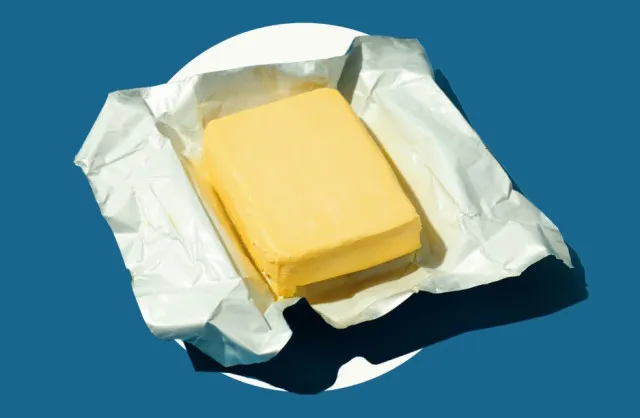
One user: I’ve noticed the elderly who are living on social security carefully scanning the grocery shelves for mark downs.
Rarely do they have fresh meat and they usually choose canned items. It breaks my heart what this inflation has done to them.
The second user wrote: All of these people just need a taste of reality. Try to understand why Americans voted for Trump in droves.
The majority of the country were deeply unhappy about the current state of the country for a reason.
The third user said: The Land O’ Lakes box of 4 sticks of butter I used to be able to buy for $3.50 is now $6.00.
That’s a 71% increase. Coffee, eggs, chicken, and everything else I buy has increased similarly.
Another user commented: Organic Butter, Organic bacon, Organic and pasture raised eggs – the whole breakfast gamut is terribly expensive
The importance of quality
For many consumers, the taste and quality of butter matter greatly.
Kerrygold butter is grass-fed and known for its creamy texture and rich flavor.
People who appreciate these qualities may be more willing to pay extra.
Caitlin enjoys Kerrygold’s clean taste and doesn’t mind spending more on it.
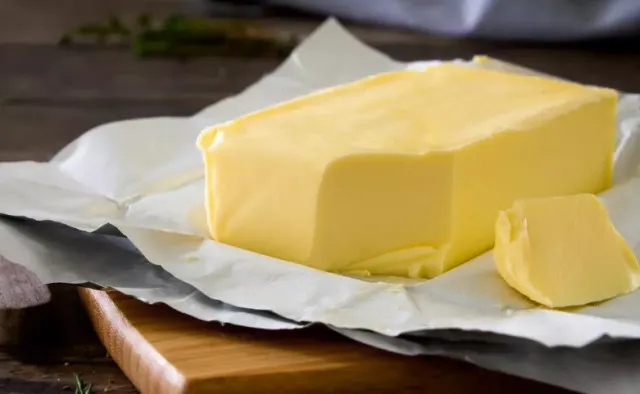
However, the rising prices have made some shoppers reconsider their purchases.
With inflation affecting many areas of life, including groceries, people are more aware of how much they spend on food items.
Many affordable butter alternatives are available today.
While Kerrygold is a favorite for many, there are alternative brands available that offer quality butter at lower prices.
Some shoppers suggested trying local brands or other national brands that are less expensive.
However, for those who have a preference for Kerrygold, the price increase may lead to tough choices.
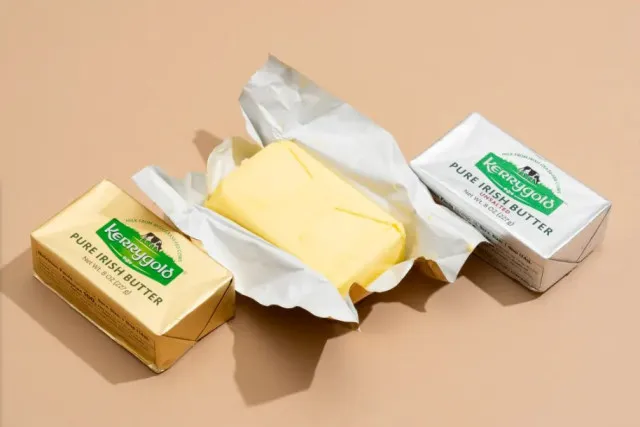
Consumers are advised to compare prices and look for sales or discounts on butter.
Many supermarkets offer promotions that could help reduce costs.
Additionally, buying in bulk at stores like Costco can sometimes yield savings, even on higher-priced items.